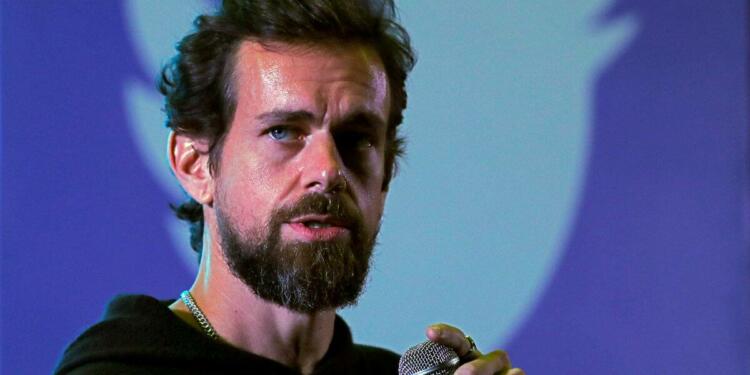Non-compliance with the Indian IT and social media rules is costing Twitter dearly. Having lost its intermediary status in India, Twitter is now no longer protected from legal action for content posted by users on the platform. It now bears responsibility for all content posted by users on the platform, and can be prosecuted for the same. In line with the same, Twitter has come on the radar of the National Commission for Protection of Child Rights (NCPCR). The commission has now summoned the Delhi Police cyber cell on the matter of non-registration of FIR against Twitter over the availability of child pornographic material on the platform.
The summons for cyber cell DCP Anyesh Roy come close to a month after NCPCR had directed the Delhi Police to lodge an FIR against Twitter India, under the Protection of Children from Sexual Offences (POCSO) Act and IT Act. This was after the commission, upon investigation, found child sexual abuse material on the microblogging platform.
NCPCR summons DCP of Delhi Police Cyber Cell asking him to appear before it via video conferencing on 29th June with action taken report in connection with availability of pornographic material to children on Twitter, with a request to register an FIR against Twitter & TCIPL.
— ANI (@ANI) June 26, 2021
The child rights body had on May 29 directed the Delhi Police to book Twitter India under section 11/15/19 of the Protection of Children from Sexual Offences (POCSO) Act, section 199/292 of the Indian Penal Code (IPC) and any other relevant sections of IT Act and IPC. The Delhi Police so far, however, has failed to do what it was told to – which is why the cyber cell has now been asked to appear before the commission and explain why no action has been taken in the matter.
Last month, the NCPCR wrote to the IT Ministry requesting it to restrain the access of children to Twitter within seven days until the social media platform is deemed to be safe for children and starts following India’s IT rules. According to India Today, NCPCR chairperson Priyank Kanoongo had said that Twitter had allowed sharing of WhatsApp links which showed child porn. He further cited the case of rape threats being given in the comments section below a child’s photo on Twitter.
What’s worse for Twitter, it has been caught lying by NCPCR. “When we sent a notice to Twitter India raising these concerns, they said all such matters come under Twitter Inc and that Twitter India only works on a contractual basis for them. However, we found this was not true. That is why an FIR has been lodged for lying to the Commission and violations of POCSO Act,” the commision’s chief said. The NCPCR chief remarked that Twitter Communications India has issued 10,000 shares, out of which 9,999 are owned by Twitter Inc. The commission also found that two of the three directors on the board of Twitter Communications India were actually employees of Twitter Inc.
Read More: NCPCR wants FIR on Twitter India for POCSO Act violations and denying connections with Twitter Inc
This means that the NCPCR will now be going after the social media giant all guns blazing. There is no protection which Twitter can avail of, and as such, it will be held responsible for any and all objectionable content posted on its platform. Reported by TFI recently, the Indian arm of the US-based company up until the end of March 2019 had not set up an Internal Complaints Committee (ICC) as required under the Sexual Harassment of Women at Workplace (Prevention, Prohibition and Redressal) Act, 2013, six years after its inception in the country. Despite two cases of sexual harassment emerging from the Delhi and Bangalore office of the company, Twitter Communications India Private Limited failed to set up ICC
Twitter, therefore, is visibly not a fan of ensuring that its employees are protected from sexual assault and that children are shielded from sexual content online. The NCPCR, however, is about to teach the social media giant a lesson for its indifference.


























If Twitter doesn’t like new IT rules of India they are free to stop providing services and leave the country. Just like when Twitter cited their Terms of Services and suspended users from their platform.
Indian laws are supreme and all social media companies have to abide by the laws of India in India.
Stringent legal action should be taken against offenders of new IT rules. No mercy.